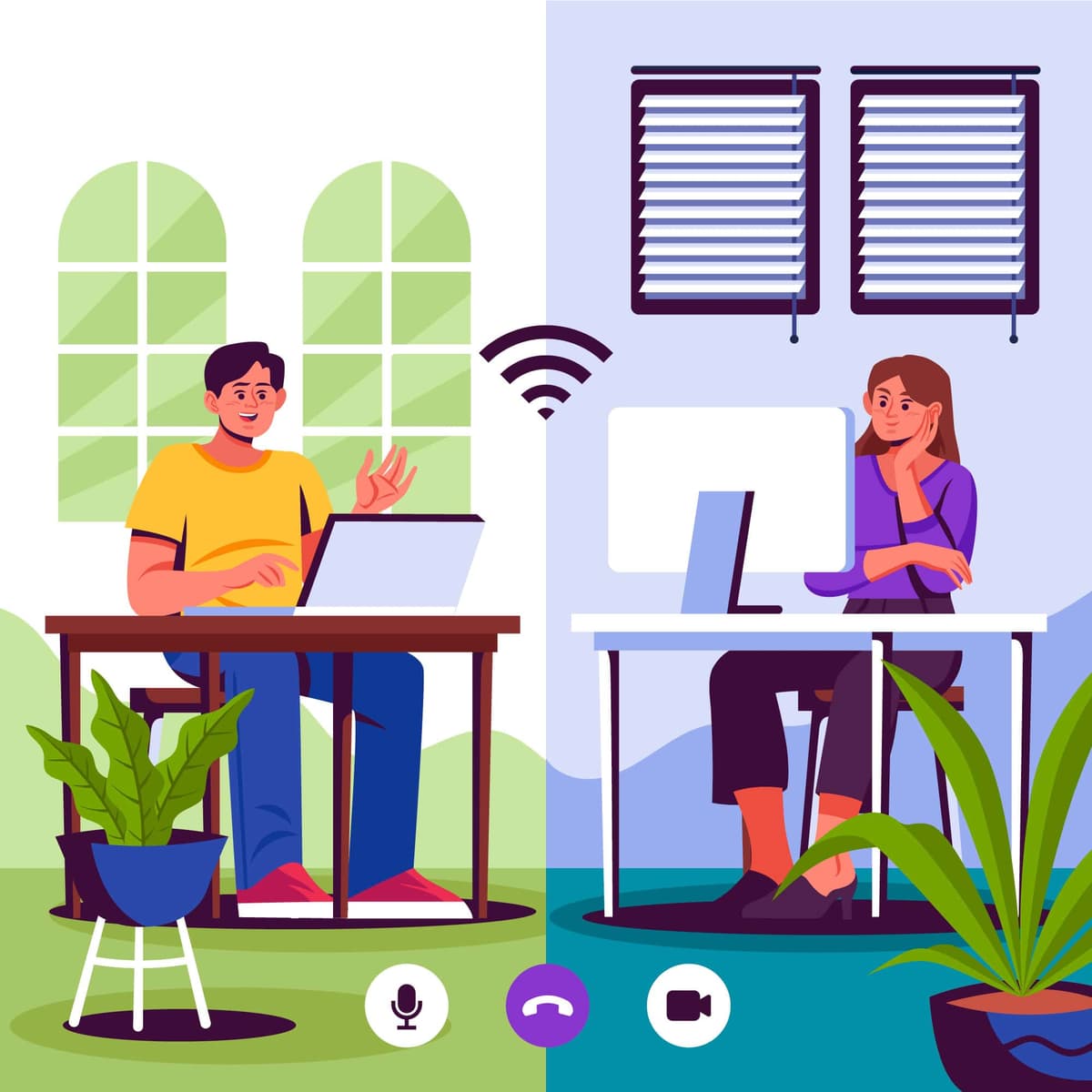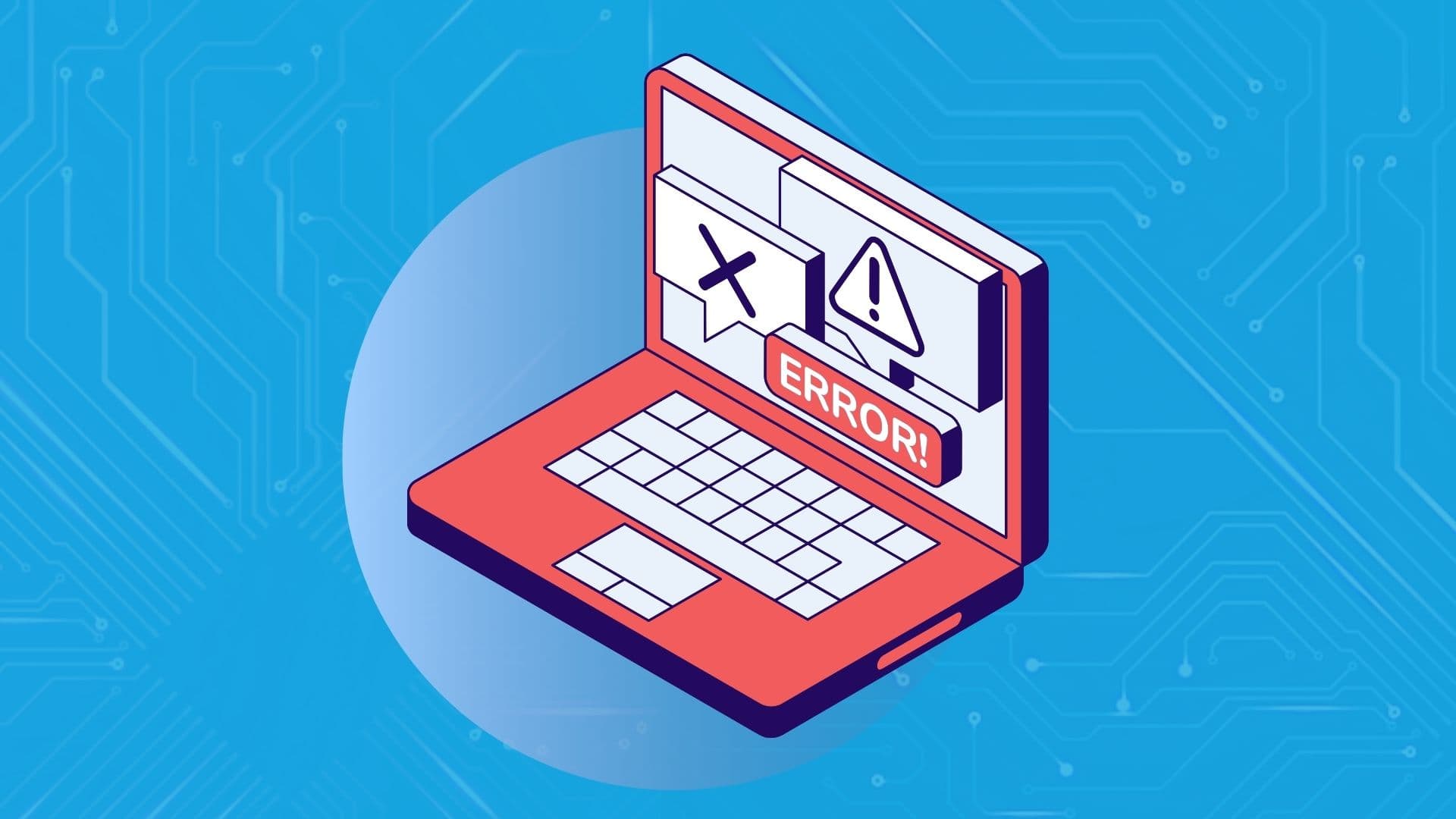
VoIP stands for voice over internet protocol, also known as IP telephony or internet calling. It offers a cheaper or even free alternative to traditional phone calls. What’s cool about VoIP is that you don’t even need a traditional telephone anymore; you can communicate directly through your computer or mobile device. This technology has been a game-changer over the past decade. In this post, we cover why VoIP became so popular, how it is free, and future trends.

One of the biggest reasons people switch to VoIP is cost. For businesses, it significantly reduces communication expenses while adding features that enhance interactions between employees and customers, making the system more efficient and higher quality. For individuals, VoIP has revolutionized voice calling, making it fun and free to communicate via computers and mobile devices.
Skype was one of the pioneering services that popularized VoIP, allowing people to send instant messages and make voice and video calls worldwide for free. If you have a computer with a microphone and speakers and a good internet connection, you can use VoIP for free. This also applies to mobile and home phones.
VoIP can be used in various ways, depending on where and how you make calls. Whether you’re at home, at work, traveling, or even on the beach, the method you use will vary with the VoIP service you choose.
The great thing about VoIP is that it leverages your existing internet infrastructure at no additional cost. VoIP transmits your voice over the internet using the IP protocol, which means you only pay for your regular internet bill. Skype is a prime example of a service that lets you make free calls on your PC. There are many VoIP services out there, and Skype, which arguably invented the genre, is not even the best one any more. You can even make free calls using traditional phones and mobile phones through different VoIP services. Do some searching and you should find a bevy of great options.
While VoIP can be free with computers and some mobile and landline phones, replacing your traditional phone service (PSTN) with VoIP will come with a cost, but it’s still much cheaper than standard phone calls, especially for international calls. Many users have slashed their international communication costs by up to 90% thanks to VoIP.
VoIP is relatively new but has quickly gained acceptance. Although there’s room for improvement, it’s already a strong contender to replace the traditional plain old telephone system (POTS). While VoIP brings many advantages, it also has its drawbacks and raises new regulatory and security considerations as its use grows worldwide.
The growth of VoIP today is reminiscent of the internet boom in the early 90s. People are becoming more aware of the benefits VoIP offers at home and in business. Besides saving money and providing convenience, VoIP has also made it easier than ever from people around the world to communicate with each other.
In conclusion, VoIP has revolutionized the way we communicate, offering a cost-effective and versatile alternative to traditional phone systems. Its ability to provide free or significantly cheaper calls, whether for personal or business use, makes it a compelling choice for many. While VoIP continues to evolve and improve, its benefits are clear: lower costs, enhanced features, and the flexibility to communicate from virtually anywhere. As the technology advances, we can expect even more innovations and improvements, making VoIP an ever-more-valuable tool in our digital communication landscape. Whether you’re looking to save money or simply enjoy the convenience of modern communication, VoIP represents a smart and forward-thinking solution.

Google is an online technology firm that runs the search engine most widely used globally, commonly known by the same name. The word “Google” is commonly used as a verb meaning “Search for something on the Google search engine.” In its name, the search engine alludes to the enormous number of links it can retrieve. …

Sharing files between computers on a network is essential for home and office environments. If you have a home network with Windows 7 and Windows XP computers, you might want to share files and devices between them. Whether you’re working with Windows 7 or the older Windows XP, both operating systems offer built-in tools to …

People rely on technology now more than ever. A person’s most important files—their photos, their projects, their livelihood—can all lie behind a Windows password. But what happens when that password is lost? How do you access that important data? That’s where Ophcrack can help. Ophcrack is a free, open-source program designed to recover lost Windows …